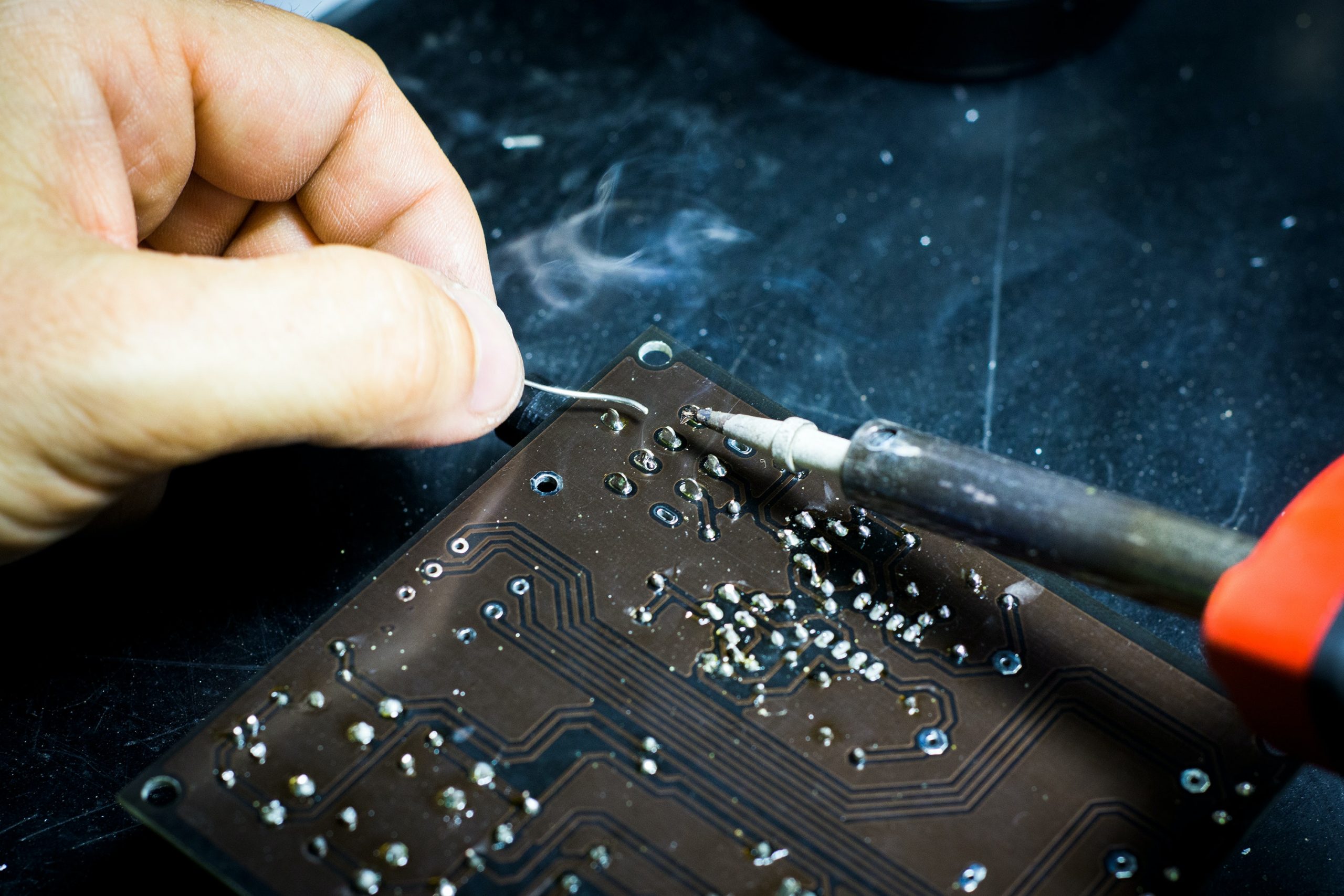The importance of traceability in manufacturing has increased in recent years. Traceability helps companies be more efficient and effective by providing them with a better understanding of their supply chain and improving efficiency through better planning. The implementation of traceable manufacturing processes has impacted many industries, including healthcare, education and retail.
What is a traceability system for manufacturing, and how does it work?
Traceability systems are used in the manufacturing sector to help companies manage their supply chain. They use AI data analytics to track the movement of goods and materials within the supply chain.
The main purpose of a traceability system in manufacturing is to identify where products came from, what they have been used for, and where they go after they leave your company. Using these tools can reduce waste and increase efficiency in the supply chain, as well as help companies comply with regulations such as those governing food safety or environmental protection.
Traceability systems use AI technology to track items throughout the production process, which helps keep tabs on inventory levels, prevent counterfeit products from entering into circulation, and improve efficiency.
How to implement a traceability system in manufacturing?
Traceability systems are implemented by implementing a number of design principles that help in achieving the desired results. These principles include:
– A clear definition of what is being traced.
– Standardized methods for recording data.
– Standardized methods for interpreting data.
– A standard set of tools for tracing goods.
What is traceability in manufacturing?
Traceability is the act of assigning a unique identifier to each product and its parts. The identifier can be a serial number or a barcode. This unique ID allows you to track the product as it moves from one stage of production to another, from factory to consumer.
Traceability software is software that helps organizations manage their manufacturing processes – from planning, tracking and controlling the production process, to providing the end-customer with information about their products.
Traceable in manufacturing is often preferred by manufacturers because it provides them with more control over their products in terms of quality and safety.
